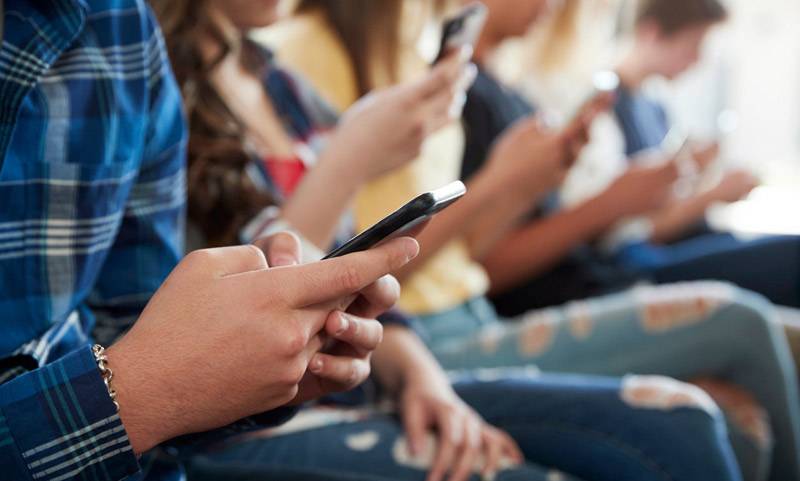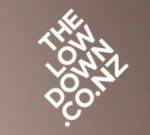Parents of children from toddlers to teens need to be aware that there is a new drug out there. A drug that no parents before have had to deal with. If you think that digital addiction is not a real drug you would be wrong.
Some Digital Addiction Stats 2019

It may be one of the most difficult drugs to deal with. Like food addiction, you cannot simply cut off partaking of the addictive “substance”. Instead, we need to find healthy digital coping strategies when consuming the digital smorgasbord on offer.
The latest Digital Addiction Stats 2019 are alarming because they show steadily increasing trends. Trends we were already well aware of. This predominantly affects young people, resulting in increased digital anxiety and digital depression. Also of concern is that parents themselves are not immune to these behaviours. As such they are not always setting a good example to their children around healthy interaction with the digital world.
Factors Contributing To Digital Anxiety & Digital Depression
The extent to which the interaction between Social Media and children is the cause of social anxiety cannot be ignored. This becomes even more acute when it comes to teens and social media. As parents, we cannot simply limit our children’s access to devices. Rather, we should endeavour to have open, non-judgemental, conversation with our children about their online experiences. Only then will we be able to address the negative aspects of the digital social space.
A Digital Coping Strategy – Points To Discuss
At the same time, we can build up their resilience to negativity encountered on social media. We should encourage them to stand up and challenge opinions or at least demand clarity from the source.
Of course, balance as always is the key. Parents should try to ensure that kids have sufficient experiences that are “offline” as well. Occasions where they can spend quality time with friends and family and develop real-world relationships. It is our responsibility to show them that their self-worth and self-esteem is not entirely determined by likes, clicks and followers. Who they are is enough.
I’m Enough Charity was created to assist young people to safely navigate the digital environment. We continually strive to provide resources, tips and advice to make this possible.



